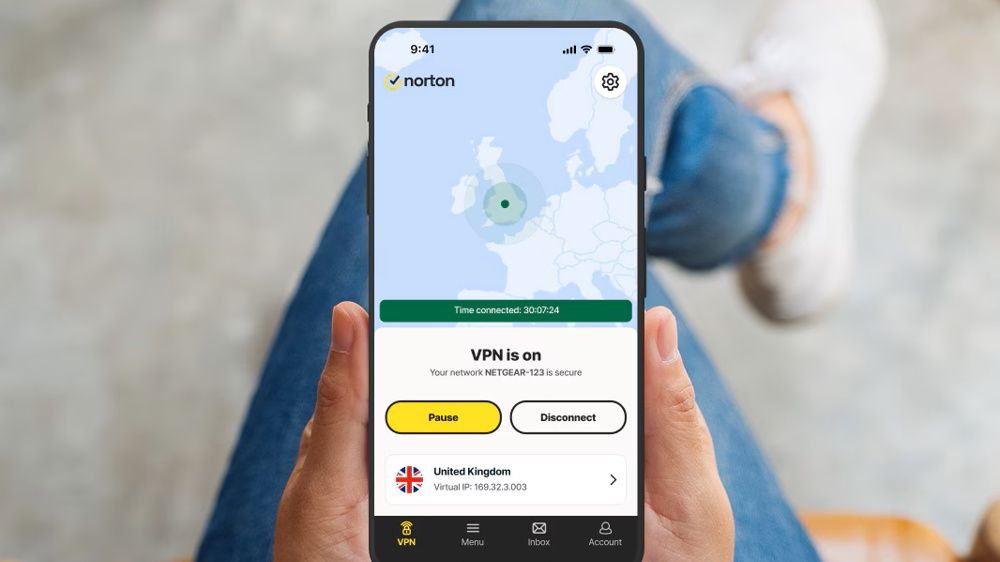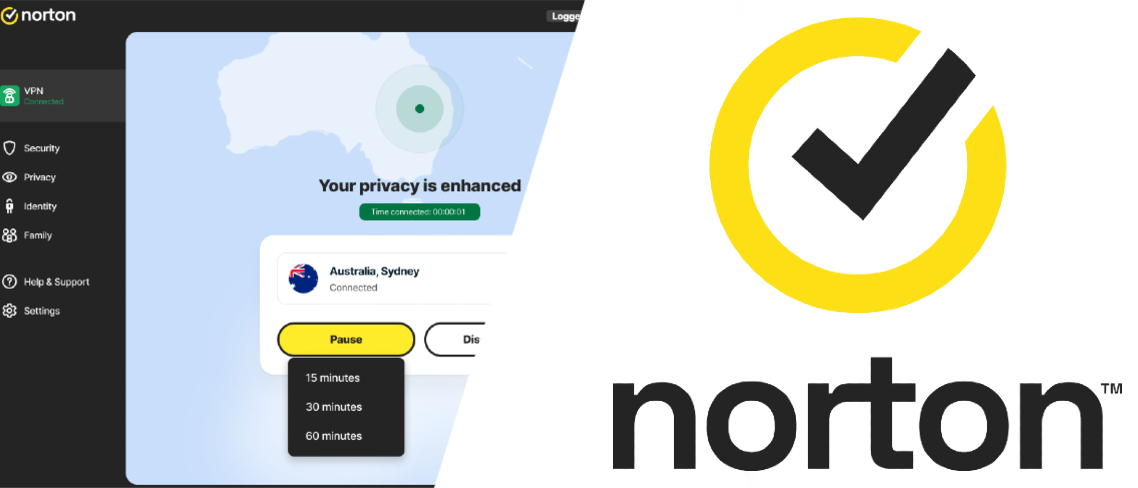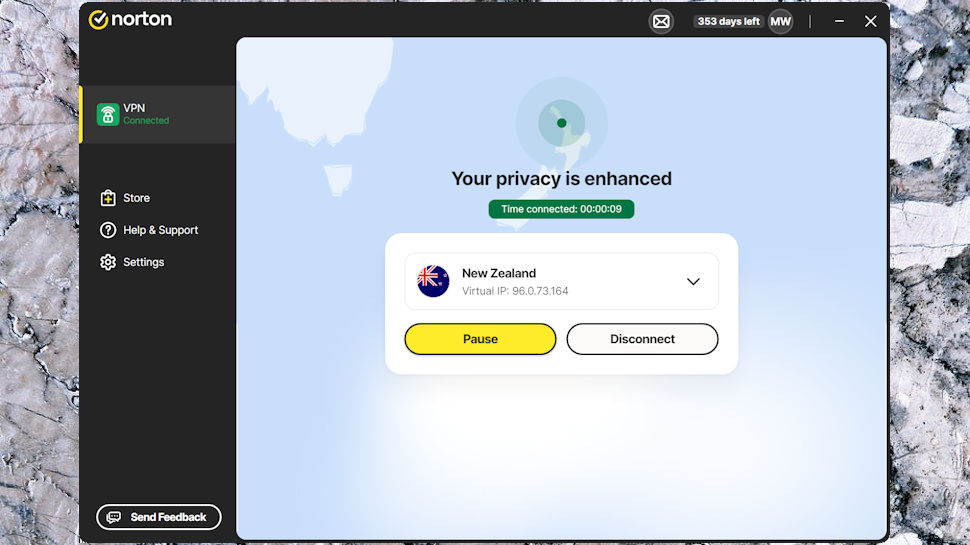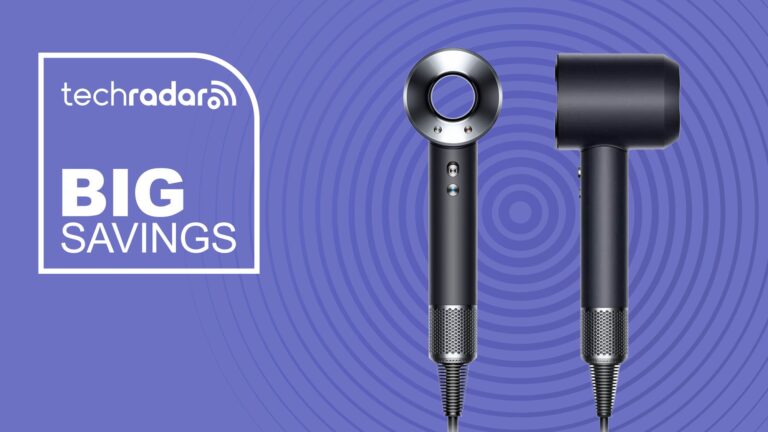
When people think of Norton, they think of antivirus, but will the company have us thinking of VPN instead in two years’ time? That’s the plan of an ex-ExpressVPN Product Lead who crossed the divide to Gen Digital in July 2025.
Himmat Bains began his career in the VPN industry in 2022 with ExpressVPN. He worked his way across Kape Technologies’ VPN portfolio before joining the Norton VPN team as a Product Manager with a clear mission – shaping Norton VPN into a 5-star product that can compete with the very best VPN services out there.
“I truly believe Norton is the dark horse in this race,” he told TechRadar.
“We were the brand that nobody saw coming in this space, and we’ve very quickly run forward at a rate of knots.”
In Bains’ first 90 days, Norton has already delivered some important changes to its VPN.
For starters, Norton has realigned its offering with that of the most secure VPN providers by either adding or extending support to advanced security features like Double VPN, IP rotation, and its kill switch, the last of which is now available for all major platforms.
We were the brand that nobody saw coming in this space
It’s also reinforced its commitment to privacy with some crucial privacy updates and a new no-log audit. And it even rolled out OpenVPN Data Channel Offload (DCO) to give a boost to its slower OpenVPN speeds – something that very few VPNs have done to date.
With a handful of product issues now hopefully tucked away, Bains is confident that Norton can catch up with the VPN heavyweight brands in 2026.
He said: “Our willingness and desire to innovate as a company have been incredible. We’ve done so much in 90 days. Imagine what’s gonna happen over the next three months, and looking into the next year.”
So, Norton certainly appears to mean business, but can its VPN step from behind the apron strings of one of the most well-known antivirus products on the planet and compete with the VPN establishment?
Keyword: privacy

As per Norton VPN’s updated privacy policy, connection event information is now held for 12 months instead of 24. App metadata, meaning the number of customers using a certain VPN app, has also passed from being stored for 36 months to 18 months.
Norton has completely rid itself of connection timestamps, too. This means that, while previously it would have known when each VPN connection starts and ends, the team now knows only how many times a user connects to Norton VPN over a 24-hour period.
According to Bains, this is an industry-standard data retention and privacy practice.
“Privacy is a huge part of Norton, which has been around for decades as a privacy-first company. It’s only right that we continue that approach to VPN,” he said.
A boost to OpenVPN speeds
Norton VPN managed to pick up an extra half star in its recent TechRadar review but one one issues still remains – poor speeds when connected to OpenVPN.
OpenVPN is a notoriously slow protocol across the industry, lagging behind its faster WireGuard counterpart, but it does have its advantages, as Bains explains:
“Newer protocols like WireGuard are faster by design, but less adaptable – they’re locked into a single encryption method. OpenVPN also supports both UDP and TCP traffic, so it can connect even when some networks block one type of connection.”
The solution to its slower speeds might now be here with support for OpenVPN DCO promising to almost double the protocol’s performance.
That’s a feature that Bains previously launched on both ExpressVPN and PIA.
“In my previous roles, I could already see the significant performance increase that OpenVPN DCO can drive to and we are seeing the same thing here.”
Norton VPN – what’s changed in 2025?
Norton’s recent VPN updates are only part of its recent acceleration in the VPN space.
On the privacy front, it now includes a new ad-blocker tool in the form of a browser extension as well.
Norton VPN also doubled down on usability with features like Pause VPN, which allows users to pause/resume the VPN connection with a tap when needed.
The company rolled out some VPN servers specifically optimized for peer-to-peer connections, too, to better support those customers using the VPN for torrenting.

These might already be commonplace in other VPN service providers, but it’s the speed of progress that’s impressed Bains.
“Together, we really are shaking the industry. We’ve done developments over nine months, which I’ve seen VPNs take two years to do.”
It’s a sentiment echoed by Head of Privacy Products at Gen, Martin Budac. He said:
“This has been a year of real momentum for Norton VPN, with a wave of product improvements that have strengthened the core of our VPN substantially. I’m incredibly proud of the whole team for making it happen. They’ve laid down a strong foundation – and there’s plenty more to come.”
With expanded VPN support across platforms such as Google TV and Apple TV, and 40 countries and 16 more city-level locations on the map in 2025 so far, the Norton team certainly makes a good case.
So, can Norton VPN compete with the likes of ExpressVPN?
“We’ve got the speeds. We’re hitting the privacy markings. We are innovating at a rate of knots. We’ve got a product launch every month. I do think we are a viable alternative now, and I think we’ll only continue to get better,” said Bains.
With a reported net income of $643 million in 2025, Gen Digital certainly has the financial muscle too, should it continue its push with VPN but, for Bains, it’s as much in the culture as in the cash, with the “desire to innovate” the real drive behind the products.
“I think other companies struggle to do that and lose focus on users. But it’s not about shareholders, it’s about the customer.”
While it remains to be seen if Norton will succeed in its mission to topple the VPN titans, it’s a welcome sight that the company is taking its VPN product more seriously.
The dark horse has entered the race.



